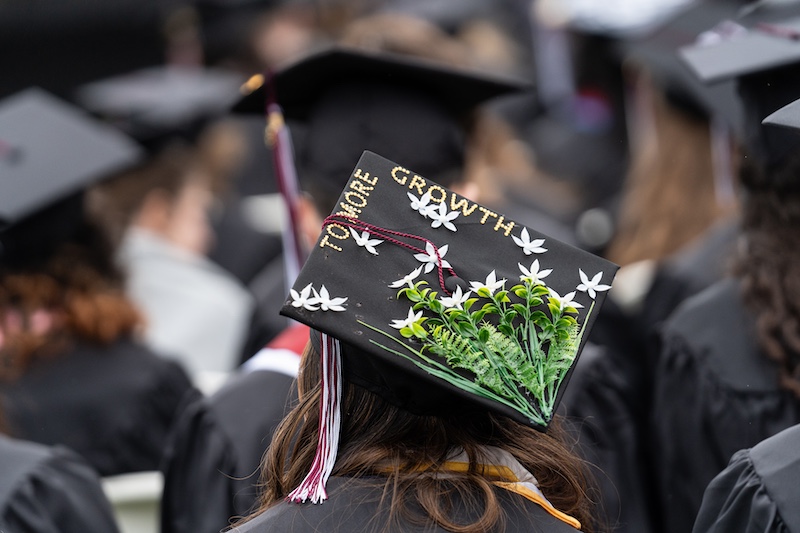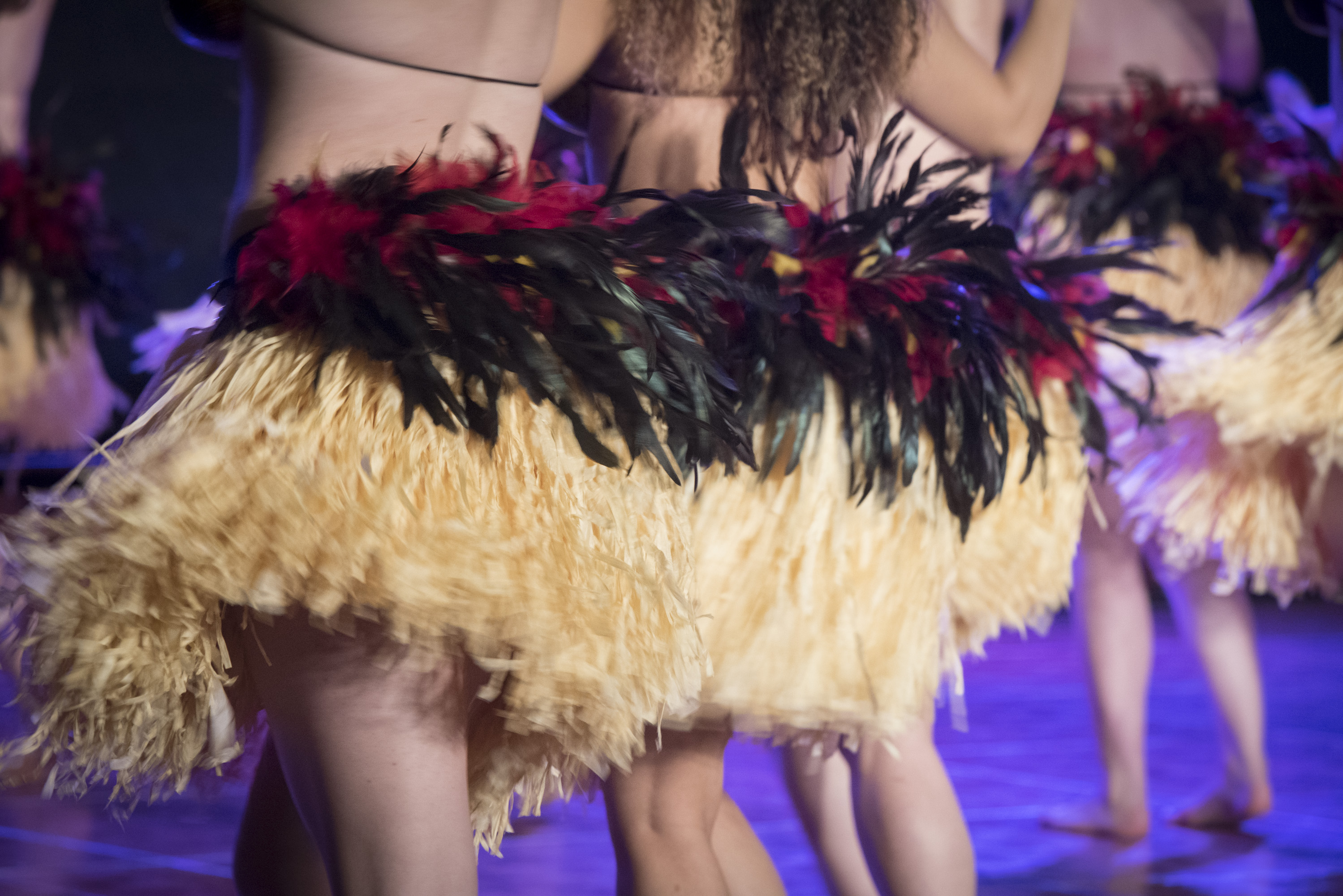The event was thanks to the student-run Cascade Climate Network (CCN), which comprises multiple Pacific Northwest colleges, including Puget Sound, Western Washington University, Reed College, Lewis & Clark College, and Portland State University, who gather twice each year to discuss environmental issues and the work that needs to be done to tackle them. This spring, it was Puget Sound’s turn to host the two-day conference, so the ECO Club took the lead.
ECO Club is focused on raising awareness about climate change and creating initiatives around sustainable behaviors. Its members are the driving force behind the fossil fuel divestment movement on campus and have partnered with Puget Sound’s Sustainability Services on waste-reduction efforts, such as the new fee for disposable cups at campus cafes, and Grizz’s Grub—a scrounge table and fridge meant to minimize food waste. That idea came through collaboration with fellow CCN member Reed College, which has had a similar system in place since 1970.
ECO Club member Lisa Grimm ’20, a biology major, says it’s “inspiring and invigorating” to collaborate with other passionate and like-minded students. “Every campus is unique, and making those connections with others is why I’ve stuck with it,” she says.
Some of those passionate students even find potential career paths in this work. Casey Finkenbine ’20, an ECO Club member and CCN coordinator, says that becoming involved in environmental activism has helped him combine both his passions: environmentalism and psychology. He finds the burgeoning field of eco-psychology, which includes studies tying pre-traumatic stress syndrome to millennials, “fascinating.” And one of the club’s leaders, Erin Rasmussen ’20, also plans to blend her interests by studying environmental law.
For these students, ECO is more than just a college club. It’s an opportunity to become a powerful force for change.















